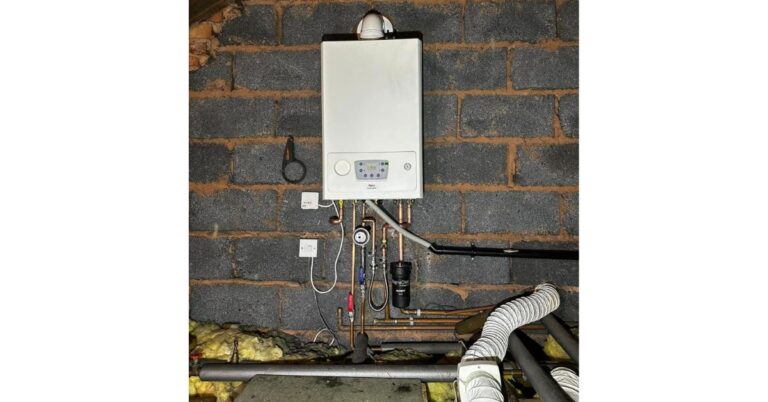The Ultimate Guide to Roof Replacement: Everything You Need to Know
Did you know that an estimated 5 million roofs are installed each year? This shows the high demand for roof replacement and installations.
Knowing when to consider a replacement can save you from costly repairs down the line. Many homeowners wonder what signs indicate the need for a new roof. Understanding these indicators is essential before embarking on the journey of roof restoration.
In this guide, you will discover the key aspects of roof replacement. Read on to ensure a smooth and lasting replacement.
Identifying the Signs
It can be tough to decide when to replace your roof. Here are some common signs that indicate it might be time:
Age
Most roofs last between 20 to 25 years. If yours is approaching or exceeding this age, consider getting it inspected.
Curling or Missing Shingles
Curling or missing shingles can compromise the roof’s integrity. They expose the underlying layers to water and weather damage.
Water Damage
Look for water stains or leaks inside your home. These can be signs of serious roofing issues.
Understanding the Costs
Costs for roof replacement can vary widely based on factors like size, materials, and labor. Here’s a quick breakdown of cost factors:
Material Costs
Asphalt shingles are typically the most affordable. Tile and slate options can be significantly more expensive.
Size of the Roof
Larger roofs require more materials and labor, increasing costs. Professional roofers can help assess the size and provide a detailed quote.
Labor Fees
These fees can vary depending on the complexity of the job and the location. Roofers may charge more for difficult-to-reach areas or steep slopes.
Always check the contractor’s reputation and reviews to ensure you’re getting quality work for the price. To help you with this, consider checking the commercial roofing experts in San Antonio. They offer specialized services tailored to the unique climate and architectural styles of the area.
Choosing the Right Materials
When it comes to roofing materials, there are several options, each with its benefits and drawbacks:
Asphalt Shingles
Asphalt shingles are one of the most popular roofing materials. They come in a wide range of colors, allowing homeowners to match their home’s style.
Metal Roofing
Metal roofing is durable and can last up to 50 years or more with proper maintenance. It’s also energy-efficient, as it reflects sunlight and can help reduce cooling costs.
Tile and Slate
These materials can last over 100 years. However, they may require additional structural support.
Steps for a Smooth Replacement
Once you’ve decided to move forward, following these steps can lead to a successful roof replacement:
Get an Inspection
A professional assessment will help you understand the full scope of the project. This step ensures there are no surprises once the work begins.
Schedule Installation
Choose a timeframe for installation that works for you and the contractor. Try to avoid seasons with extreme weather, as this can delay the process. Confirming the schedule in advance helps ensure a smooth and efficient replacement.
Clean Up
Ensure the job site is cleaned up after the project is completed. A thorough cleanup leaves your property safe and looking its best after the work is done.
Understanding Your Roof Replacement Project
Completing a roof replacement isn’t just about installing new materials. It encompasses understanding when to replace, the costs involved, and selecting the best materials.
By staying informed and working with trusted professionals, you can ensure a smooth process for your roof replacement. This approach protects your home and enhances its value for years to come.
Explore more fascinating topics on our website. Dive into our other articles for more information.







